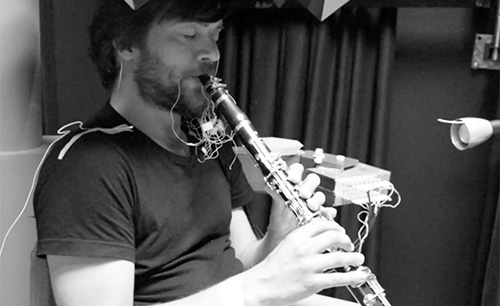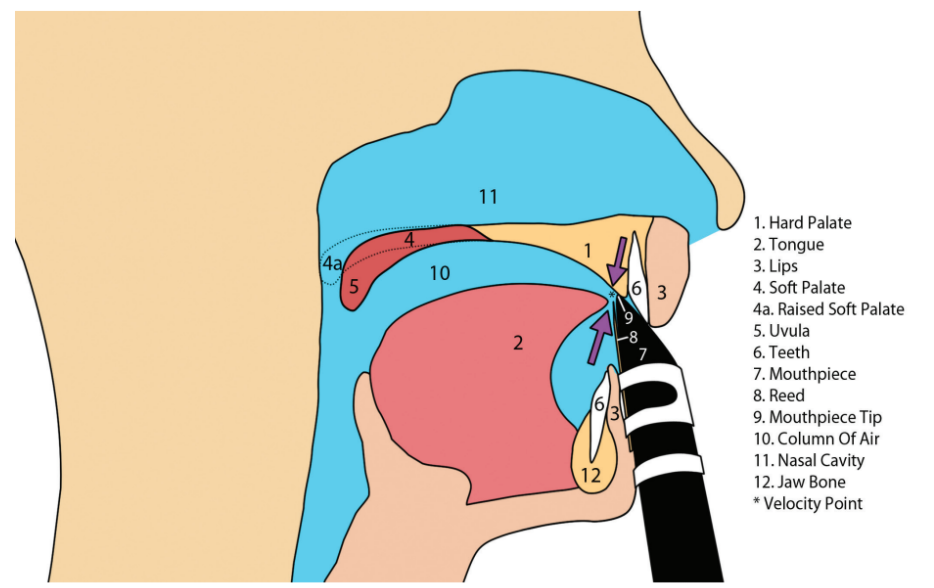ICA Pedagogy Committee 2025 TMEA Presentation - "Clarinet Articulation" The tongue is very important when discussing the clarinet. Air, tongue position, and the mechanics of articulation, are just a few... read more →
Originally published in The Clarinet 51/3 (June 2024). Copies of The Clarinet are available for ICA members. Taming the Tongue In this collaborative article from the ICA Pedagogy Committee, adapted... read more →
Originally published in The Clarinet 46/4 (September 2018). Printed copies of The Clarinet are available for ICA members. The Forgotten Pedagogical History of Multiple Articulation for Clarinet and Saxophone by Eric Schultz The... read more →
This year's ClarinetFest included a fascinating lecture on articulation by Dr. Kornel Wolak. Wolak has been conducting research at the Oral Dynamics Laboratories at the University of Toronto Speech-Language Pathology... read more →
Originally published in The Clarinet 44/4 (September 2017). Printed copies of The Clarinet are available for ICA members. This article was the 2016 ICA Research Competition Winner. Please see here... read more →
How do I learn how to articulate as fast as my band music is requiring? It seems like every clarinet player at some point or another has wished that they could articulate faster – especially when playing unison passages with flutes or brass instruments that regularly use double‐tonguing. But not to worry, a slow tongue can be remedied! Like any other muscle in the body, it just needs regular workouts; that, along with a good reed and lots of air will have you eventually nicknamed “super tongue!” 1. You must have a good reed in order to articulate quickly! If your reed is too soft and/or too old, it makes tonguing fast passages impossible so check this first. 2. You must use lots of air! Keith Stein says this in his book, “Imagine the breath as the river and the tongue as the waterwheel. Should the water level fall below the reach of the paddles, regardless of any adjustment in the mechanism of the wheel, there can be no action.” (Stein 24). 3. Don’t try to play the notes too short! The faster the note values, the longer you should psychologically think of playing the articulation – playing too staccato will slow you down. The notes will end up sounding light and short anyway because of the fast... read more →


